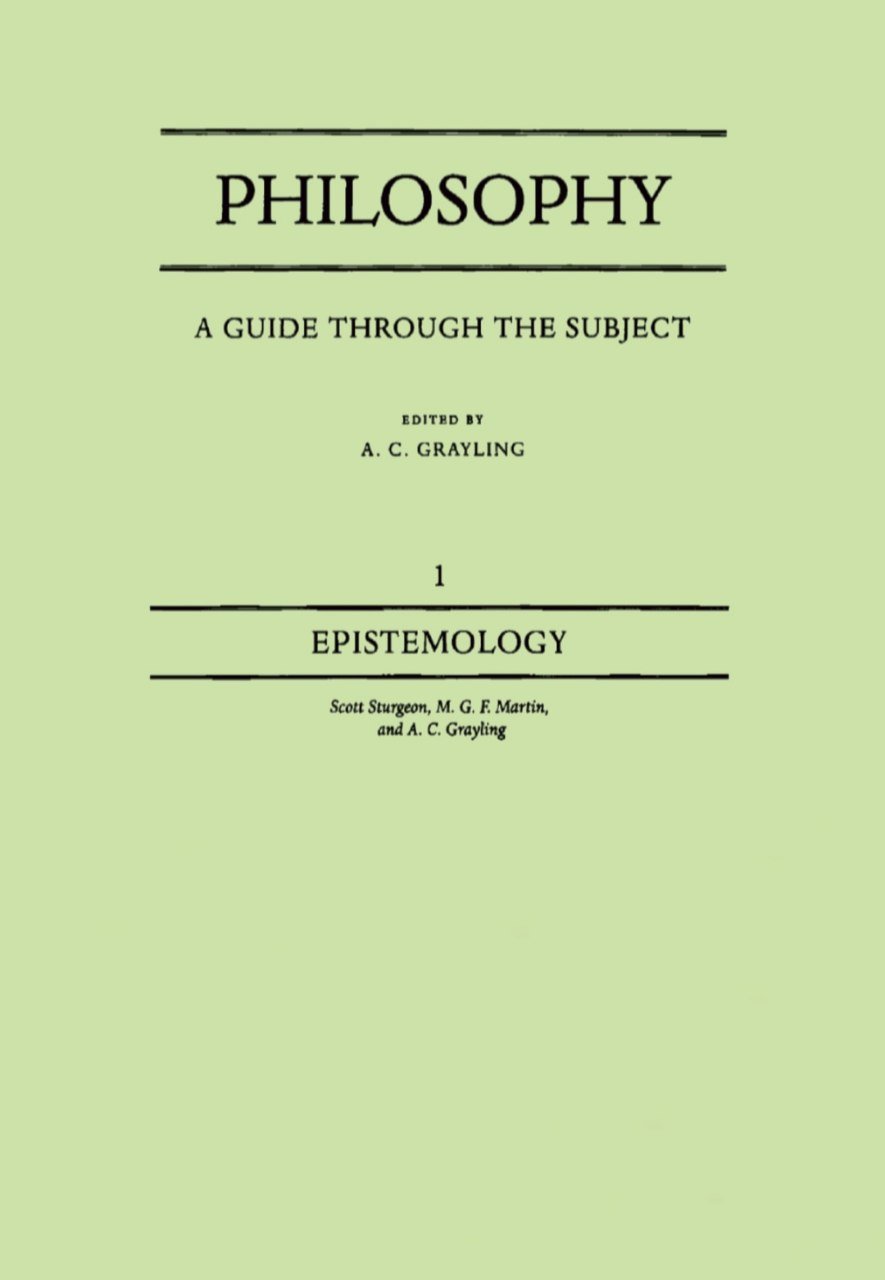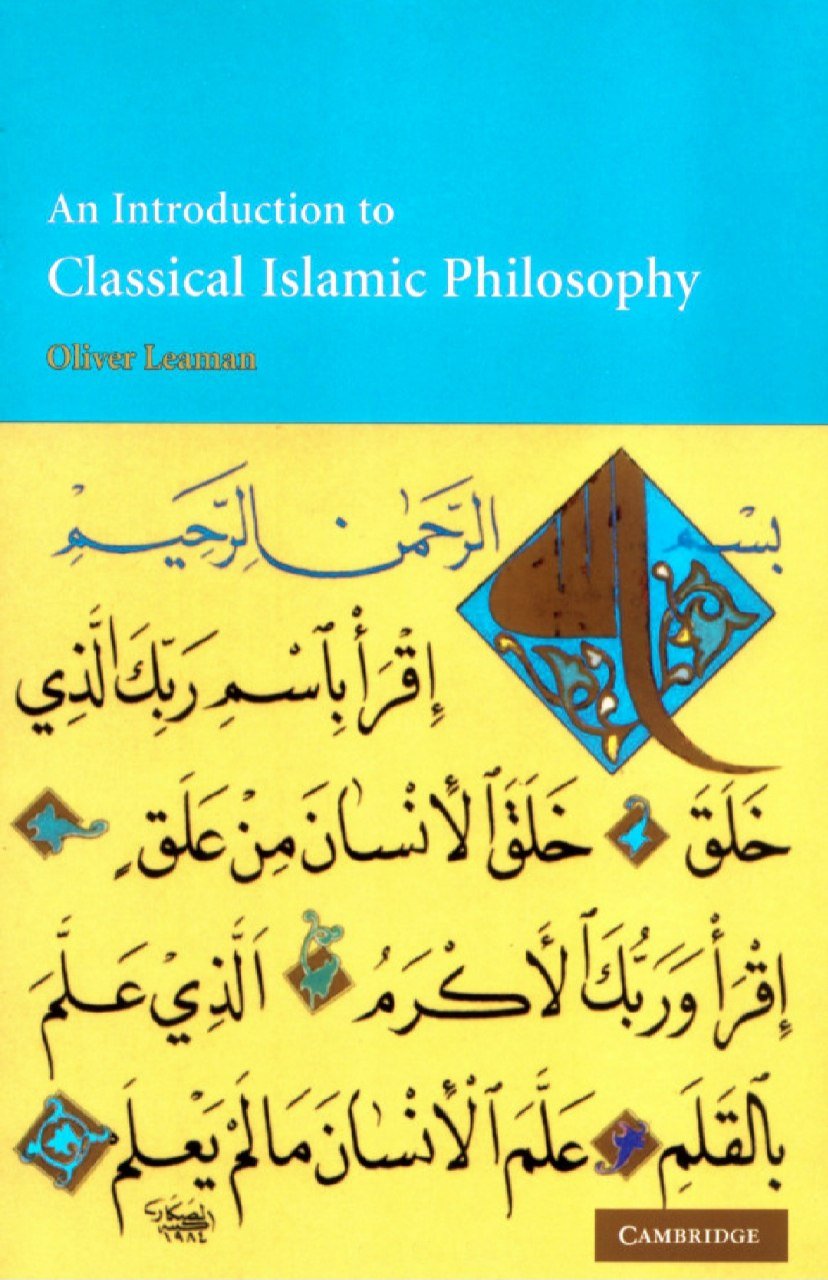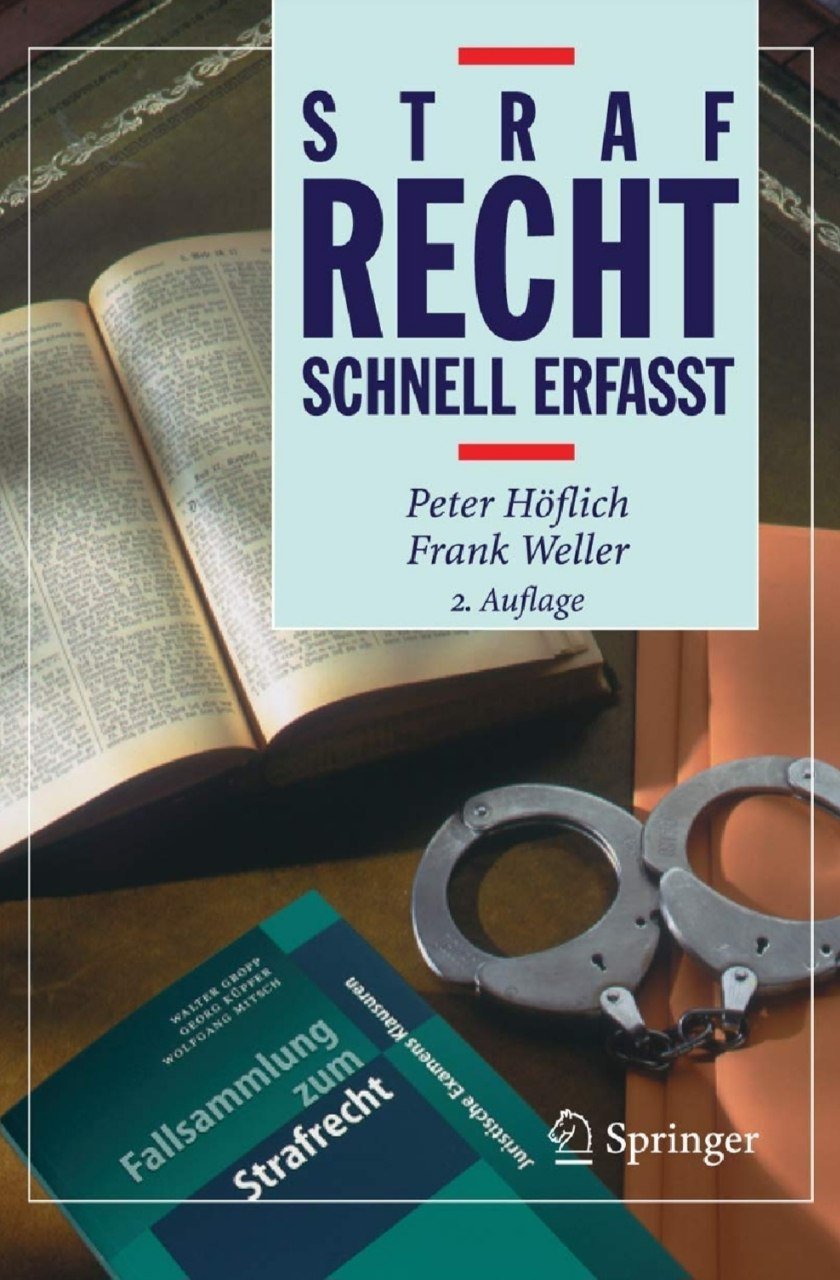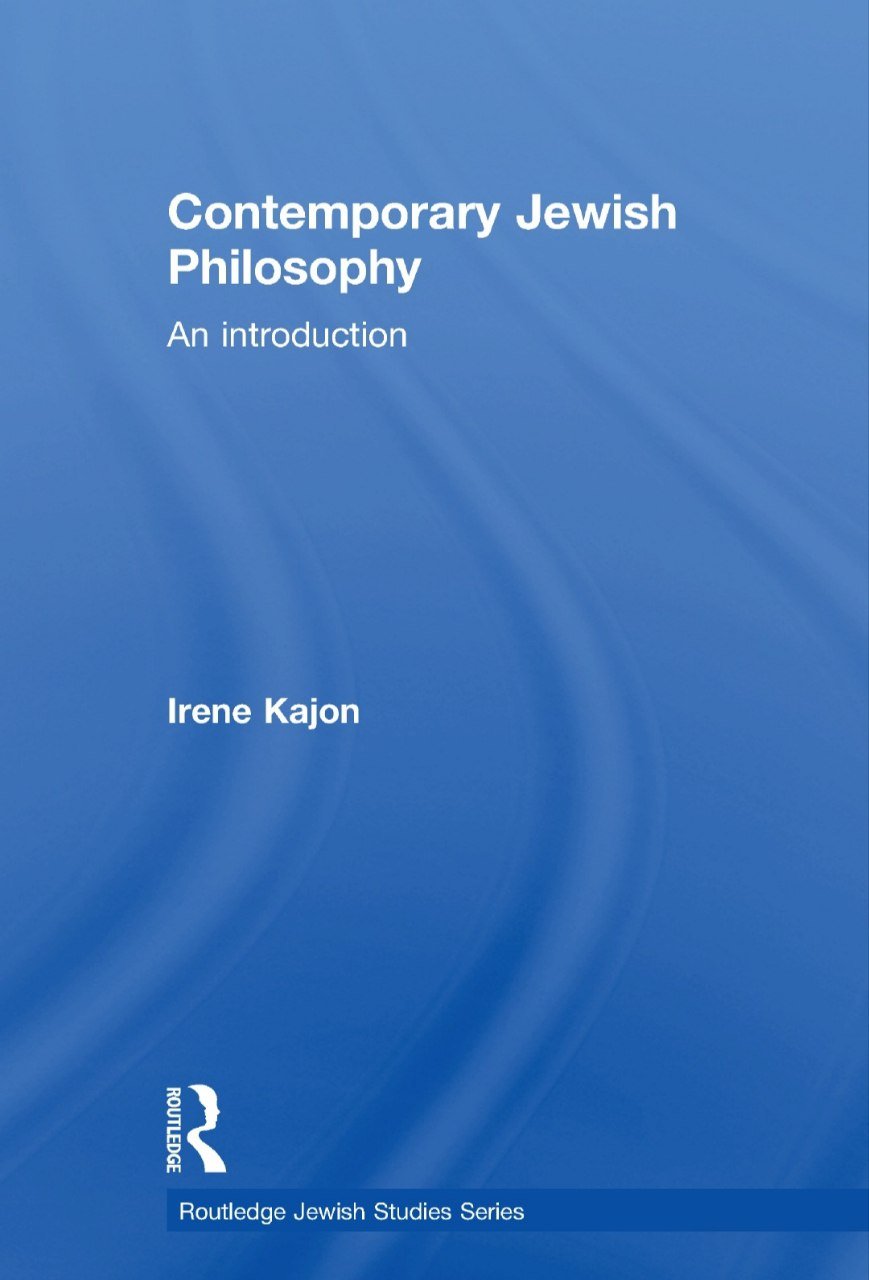

The Legacy of Kant in Sellars and Meillassoux
Reviews
No review yet. Be the first to review this book!
Description
The Legacy of Kant in Sellars and Meillassoux: Analytic and Continental Kantianism by Fabio Gironi In The Legacy of Kant in Sellars and Meillassoux: Analytic and Continental Kantianism, Fabio Gironi delves into the complex influence of Immanuel Kant's philosophy on two major contemporary thinkers: Wilfrid Sellars and Quentin Meillassoux. Gironi’s work examines the way both Sellars, a key figure in analytic philosophy, and Meillassoux, a leading figure in speculative realism, engage with Kant’s ideas while navigating the distinct philosophical traditions of the analytic and continental traditions. Through this exploration, Gironi reveals how Kant’s legacy continues to shape and challenge contemporary debates in metaphysics, epistemology, and philosophy of mind. The book is structured around the comparative study of the ways in which Sellars and Meillassoux rework Kant’s critical philosophy. Gironi focuses on how both thinkers address the fundamental problem Kant posed: the relationship between the human subject and the external world. For Kant, knowledge is conditioned by the human mind, and the world as we know it is shaped by the structures of human cognition. Sellars and Meillassoux, while situated in different philosophical traditions, grapple with Kant’s core insight in ways that are both innovative and challenging. Sellars and the Rejection of Kantian Limits Sellars, who is known for his bridging of analytic philosophy and the philosophy of mind, is often associated with his critique of the "myth of the given." This critique targets Kant’s conception of empirical intuition, which Sellars believes unjustifiably separates the given, or immediate experience, from the conceptualization of that experience. In Gironi’s analysis, Sellars is shown to be influenced by Kant's distinction between the phenomenal and noumenal realms but moves beyond Kantian limits by emphasizing that knowledge is not a passive reception of sensory data but an active construction based on the interplay between the sensory and the conceptual. Sellars, thus, retains Kant's recognition of the importance of the subject’s role in shaping experience but rejects the idea that there can be a realm of "pure" experience that exists independently of conceptualization. For Sellars, philosophy must engage with the human capacity for reasoning and meaning-making in understanding the world. The "myth of the given," as Gironi explains, involves the rejection of any raw data of experience that exists prior to the imposition of conceptual structures. Sellars’ view is not so much a departure from Kant as a rethinking of how Kant's epistemological boundaries can be transcended. By shifting the focus away from Kant’s "transcendental subject" to the active construction of knowledge through language and social practices, Sellars provides a framework that attempts to reconcile the subjective and objective in a more integrated way than Kant himself envisioned. Meillassoux and the Return to the Real Beyond Kant On the other hand, Gironi’s examination of Meillassoux’s work reveals a more radical response to Kant's transcendental philosophy. Meillassoux, a key figure in speculative realism, is known for his critique of what he calls "correlationism," the idea that human thought can never access reality as it is independent of human experience. According to Meillassoux, Kant's critical philosophy set a limit on what we can know about the world by insisting that the human mind plays an active role in constituting the world as we know it. For Kant, the thing-in-itself—the ultimate reality beyond our experience—is unknowable. Gironi explores how Meillassoux takes issue with this Kantian limitation and calls for a philosophy that returns to the real, which is independent of human perception or cognition. Meillassoux’s speculative realism, in contrast to Kant’s transcendental idealism, argues that it is possible to think the world beyond human experience in a radically objective sense. He pushes for a metaphysics that engages with contingency, randomness, and the possibility of a reality that is completely disconnected from human thought. For Meillassoux, this is not a return to traditional metaphysics but an attempt to overcome the Kantian "correlationist" view by reasserting the possibility of knowledge of the world as it exists independently of us. Bridging Analytic and Continental Philosophy Gironi’s work is significant not only for its engagement with Sellars and Meillassoux but also for its bridging of the analytic and continental traditions. While analytic philosophy, with figures like Sellars, has often emphasized logical analysis and the structure of concepts, continental philosophy, with thinkers like Meillassoux, has explored more speculative, metaphysical issues. By showing how Sellars and Meillassoux both engage with Kant’s legacy, Gironi illustrates how the division between these two philosophical traditions is not as insurmountable as it might seem. In fact, both traditions share a common concern with the limits of human cognition and knowledge, even if they approach the issue from different angles. Gironi’s comparative study highlights the continuing relevance of Kant's thought in contemporary philosophy, particularly in the ongoing debates about the nature of knowledge, the role of the subject, and the status of reality beyond human experience. For Sellars, the Kantian problem is addressed by expanding the role of conceptualization and language, while for Meillassoux, it is overcome by rejecting the Kantian boundary between the human and the non-human. Conclusion In The Legacy of Kant in Sellars and Meillassoux: Analytic and Continental Kantianism, Fabio Gironi offers a thought-provoking examination of how two important contemporary philosophers, Sellars and Meillassoux, engage with the legacy of Kant in their respective traditions. Gironi’s analysis provides deep insights into the ways in which both thinkers inherit, critique, and transform Kant’s ideas about knowledge, the subject, and reality. The book serves as a valuable resource for those interested in the ongoing philosophical dialogue between analytic and continental traditions and the continuing influence of Kant’s critical philosophy in contemporary thought.




























.jpg)
.jpg)








.jpeg)
.jpeg)



.jpg)



.jpg)



.jpg)
.jpg)


.jpeg)






.jpg)



.jpeg)

.png)




.jpg)
















.jpeg)









.jpg)






































